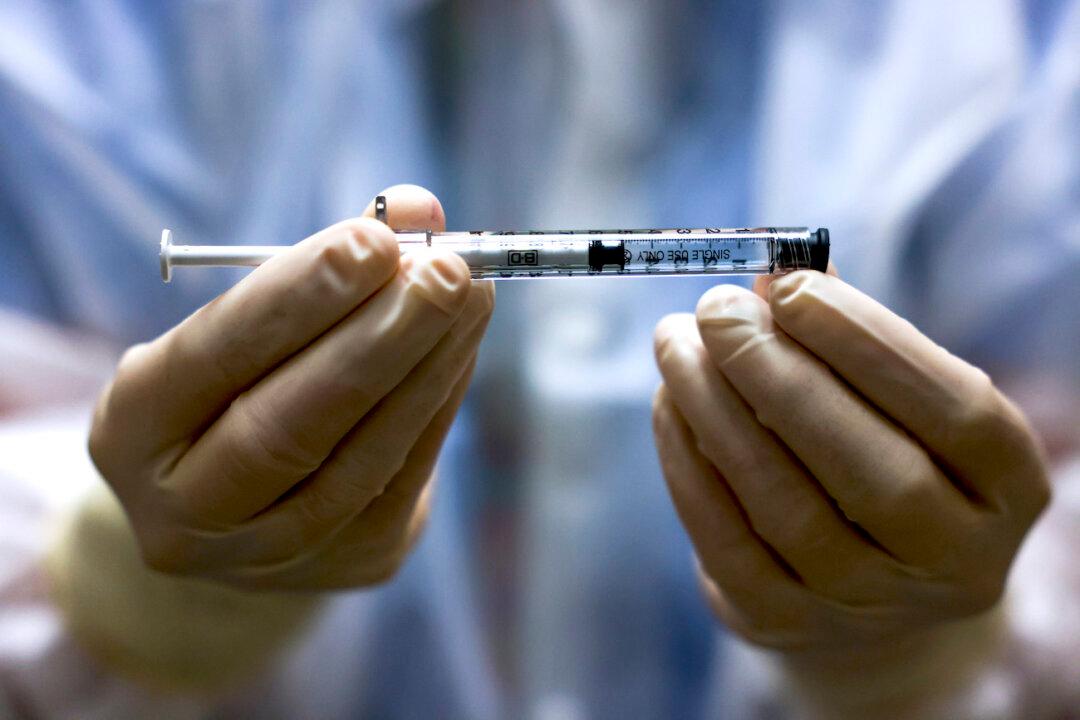Many reported adverse events in COVID-19 vaccine trials come from those who received the placebo shots, with nearly a third of placebo recipients involved having reported at least one adverse event, but “significantly more” adverse events were reported by those in the vaccine groups, according to researchers at Beth Israel Deaconess Medical Center, a teaching hospital of Harvard Medical School.
Adverse events (AEs) that appear to be induced by placebos are referred to as “nocebo” responses.




